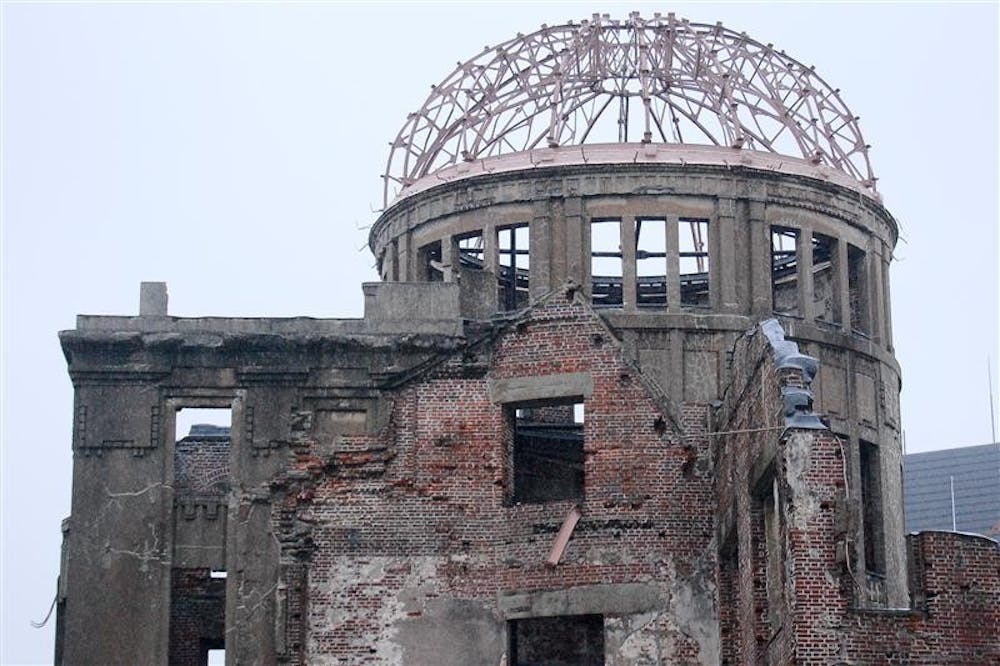OSAKA, Japan – The only nation to be bombed by nuclear weapons is not allowed to own them, and its next-door neighbor is brazenly flaunting them.
Like the United States, Japan is extremely apprehensive about nuclear testing by North Korea. U.N. sanctions have been leveled against the rogue state, whose nuclear program seems in direct violation of the armistice signed with South Korea.
“Japan strongly urges North Korea to heed the firm messages of the international community,” reads a statement issued by Hirofumi Nakasone, the Japanese minister of foreign affairs. As sanctions seem to be futile in stopping North Korean nuclear tests, the Japanese government has implemented other tactics to ensure North Korean aggression will be met with appropriate force.
First among these strategies involves five straits in Japanese waters: the Soya, Osumi, Tsushima, Tsugaru and Korea straits. These waters have one thing in common: All their boundaries are set three nautical miles from land instead of the twelve miles that is allotted for the marking of territorial borders.
This is rather important, for it allows the United States to move nuclear warships through waters that should be under Japanese dominion without intruding on Japan’s anti-nuclear laws. The waterways ensure the United States has viable and legitimate access to North Korean waters should the situation call for such exuberant measures.
The Japanese government is enacting a policy to confront the North Korean threat is a massive increase in both soldiers on the ground and equipment designed to support them. The troop presence does not interfere with the law not to keep a standing military because the Self-Defense Forces are technically just extensions of the police force.
The National Defense Program Guidelines, published by Japan’s Ministry of Defense, contains a section that stipulates the development of “secure options responsive to changing situations.” Many citizens think this phrase foreshadows a future debate concerning whether to allow the Japanese “military” to preemptively strike another nation, like North Korea, that poses a seemingly inevitable threat.
But the idea of an attacking military conflicts with Article Nine of the Japanese constitution, which prohibits warfare as a sovereign right. Any actions of international war with North Korea would be performed in direct violation of this section of the Japanese constitution.
Since its 1947 writing, the Japanese constitution has been interpreted more leniently by government officials.
At the 60th anniversary of the Japanese constitution in 2007, Prime Minister Shinzo Abe entertained the idea of revising the article so that the Self-Defense Forces could be used in “global defense” in tandem with other nations (such as the police actions in Afghanistan and Iraq).
With the threat of North Korea so close to Japan, it should be interesting to see how pliable the constitution will become as leaders argue for a stronger military.
Facing North Korea nukes with no real military

Get stories like this in your inbox
Subscribe



